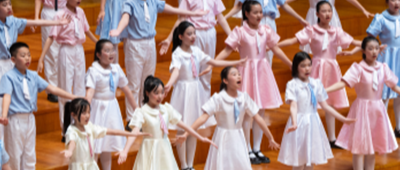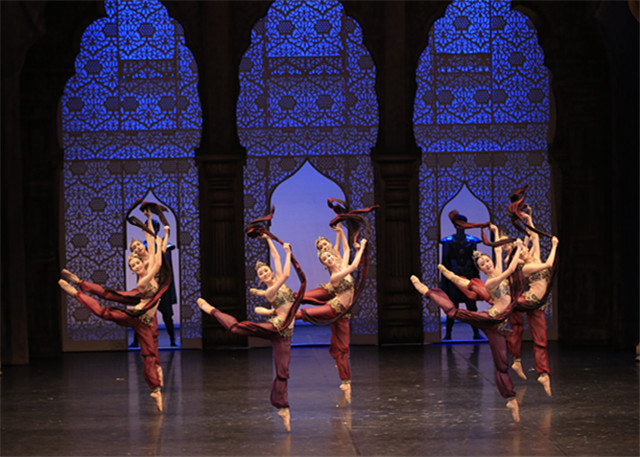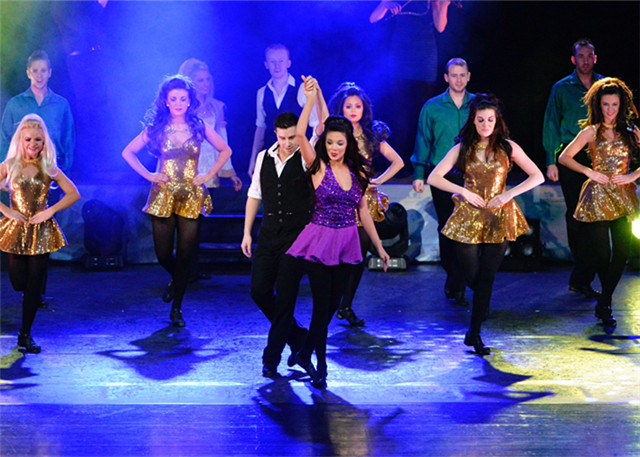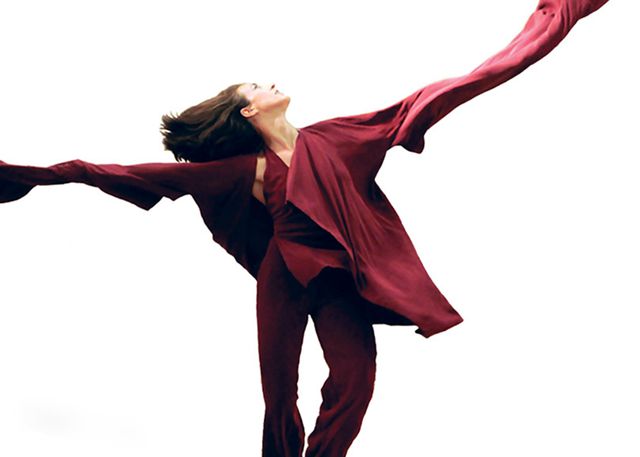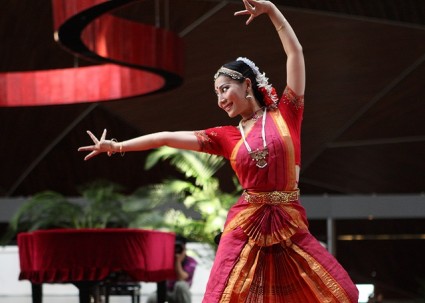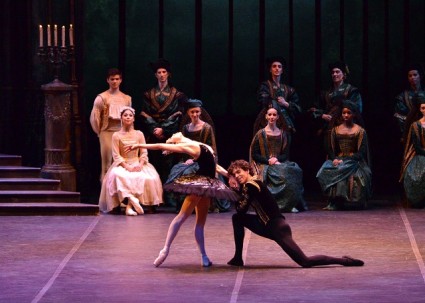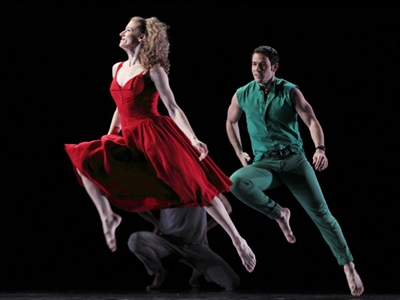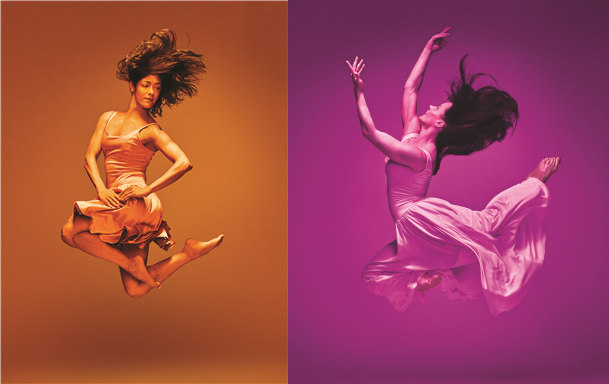
Paul Taylor's works are relaxed, elegant and dynamic dance vocabulary.
On November 19th, Paul Taylor Dance Company made debut at the 2016 NCPA Dance Festival and presented “Modern Dance Classics Highlights”. Three classical dances with the American characteristics were performed, which are created by famous choreographer Paul Taylor. Different from the obscure and vague modern dance image in people’s eyes, Paul Taylor takes advantage of relaxed, elegant and dynamic dance vocabulary to show another face of modern dance - love and sunshine.
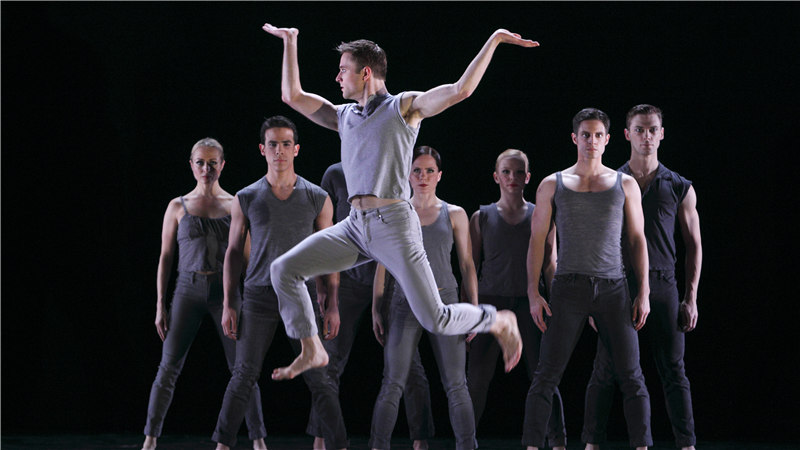 Beloved Renegade
Beloved Renegade, which choreographed by Paul Taylor in 2008 under the inspiration from
Leaves of GrassThe first repertoire was Beloved Renegade, which choreographed by Paul Taylor in 2008 under the inspiration from Leaves of Grass (a collected work of poems and the most important work of the American poet Walt Whitman). Walt Whitman bid final farewell to his life with Leaves of Grass.
Dancers dressed in white indulged themselves on the stage. Child-like pleasant frolic and sacred and solemn ceremonial scene appear alternately to be corresponding to Whitman's happy mood at sight of children having a good time and the innermost shock when he cared for wounded soldiers during the civil war in his life experience.
From the perspective of dance movement design, it can be seen that Paul Taylor has comprehensive style by carrying forward three masters’ works, as well as the unique dance vocabulary and body dynamics derived from their works. Balanchine's smoothness, Martha Graham’s profundity and Merce Cunningham’s avant-garde are revealed by his dance movement design. Application of highly difficult skills in artistic expression is one of features in Paul Taylor’s dance. Light-footed rotation and running, body shape with full of imagination and sculpture-like human beauty are combined into popular and humorous works without losing the seriousness and connotation.
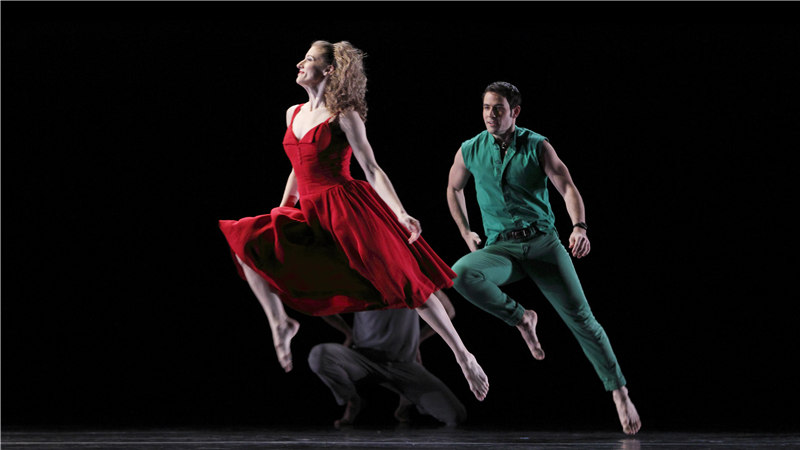
Taylor also makes extensive use of the film-style lighting and shadow techniques.
Le Sacre Du Printemps, The Rehearsal was created by Paul Taylor in 1980. Composed by Stravinsky, Le Sacre Du Printemps was a milestone in the history of modern dance since its birth. In the past century, many choreographers did their best to roll out a lot of classics themed Le Sacre Du Printemps. Choreographed by Paul Taylor, Le Sacre Du Printemps, The Rehearsal can be said to be one of unique works.
Background of this work is specific scene and special environment that a dance ensemble rehearses Le Sacre Du Printemps, The Rehearsal. In the same time and space, a scene of a kidnapping is simultaneously manifested. Two scenes alternate and echo with each other to provide clues and atmospheres to each other. This intricate two-pronged narrative pattern of expression is often used in films and dramas. But such a complicated process is expressed by wordless dance at this time. Taylor's choreography attainment is so admirable that audiences seem to see a suspense film with wonderful plots and acclaim for it.
In the scene change of the two clues, Taylor also makes extensive use of the film-style lighting and shadow techniques. The whole dance work renders black and white keynotes, and only some important props show the dotted red color. Background music is duo-piano version of Le Sacre Du Printemps. In dance section, mechanical stiff action and flank lateral movement, characterized by the original Le Sacre Du Printemps choreographed by Nijinsky, are extensively adopted as if a tribute to the predecessors.
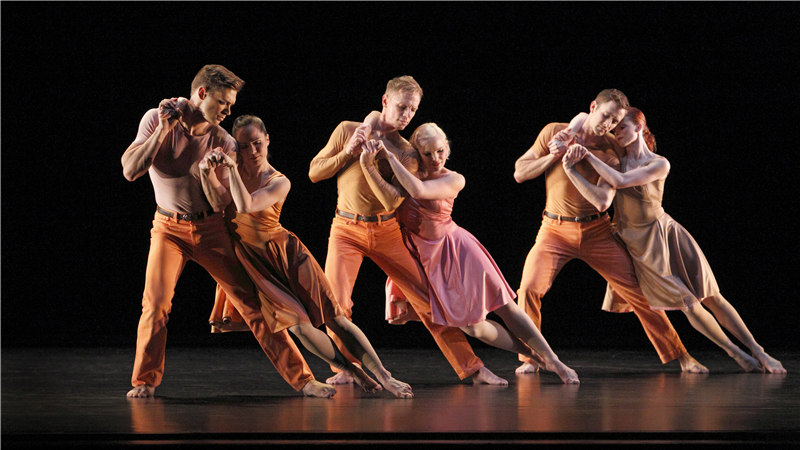
Among them,
Esplanade is the most famous classic created by Taylor.
Promethean Fire was created by Paul Taylor shortly after the United States was hit by “September 11” terrorist attack. This work boldly shows rescue scene at that historical moment and the humanitarian spirit embodied in the tragedy, which radiates unparalleled enormous power, highlights firm belief after catastrophe and pursues the noble sense for “rekindling the glory of life” after destruction. In summarized and concise way, the whole dance work presents passionate body movement language, and sparkles great energy of life under the accompany of Bach’s grand music.
On the dark-hue stage, 16 dancers in black demonstrated regular, symmetrical and flowing geometric aesthetic perception with their limbs. Overall dance seemed to be based on the destruction of this regularity sense. More aesthetic regularity, rebuilt after every destruction, seemed to praise and eulogize the Unites States bravely forging ahead after disasters.
On November 20th, Paul Taylor Dance Company will present another performance highlight with focus on Mercuric Tidings, Three Dubious Memories and Esplanade. Among them, Esplanade is the most famous classic created by Taylor. On November 24th - 25th, another American modern dance ensemble Jennifer Muller Contemporary Dance Company will also present at NCPA, and bring forth two well-planned repertoires entitled “Evolution: Darkness to Light” and “Change and Celebration”.
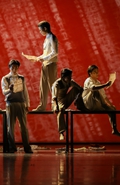 Repertoire
Repertoire
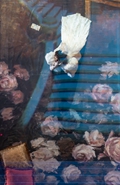 Films
Films
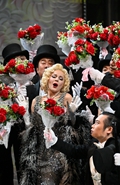 Videos
Videos
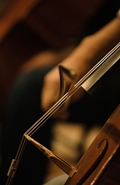 Podcast
Podcast
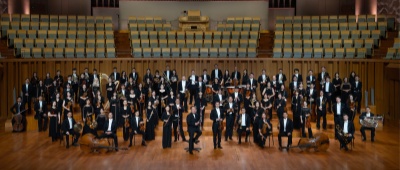 China NCPA Orchestra
China NCPA Orchestra
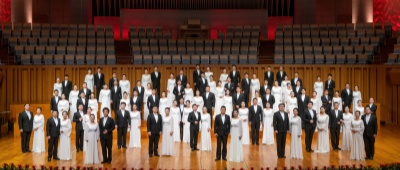 China NCPA Chorus
China NCPA Chorus
 NCPA Resident Singers
NCPA Resident Singers
 NCPA Drama Ensemble
NCPA Drama Ensemble
 Buildings
Exhibitions
Buildings
Exhibitions
 Opening Hours
Services
Opening Hours
Services
 Western Cuisine
NCPA Café
Arts Gifts
Western Cuisine
NCPA Café
Arts Gifts








